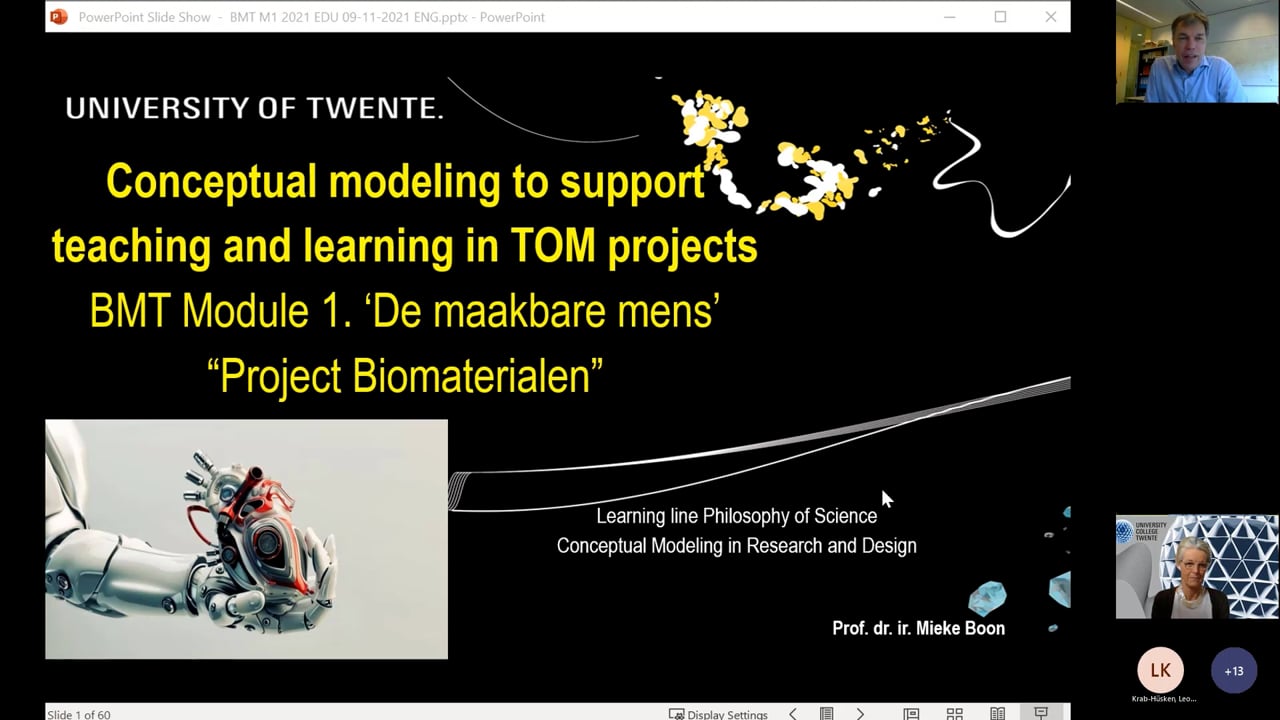Project introduction and background information
This project concerns the investigation and evaluation of the teaching and learning of higher-order academic thinking skills (HOTS) in engineering education, in particular in Biomedical Engineering Technology (BMT), Module 1.
It has been proposed that HOTS (e.g., critical, creative and interdisciplinary thinking) are crucial in scientific research, design and decision making. Furthermore, such HOTS are expected to promote the intellectual resilience and agility that can assist professionals in keeping the pace with today and tomorrow’s fast changing demands. Therefore, engineering education needs to find novel approaches that can efficiently bring students to a higher HOTS level.
Despite the relevance of HOTS in engineering education, still little is known
about how to ‘teach and learn’ these skills in a deliberate way.
The research purpose is to advance effective ways to teach and learn higher-order cognitive skills required in engineering, while promoting the development of cognitive strategies. This purpose stems form the perspective that academic engineers are considered researchers with the ability to generate new knowledge. A further starting point is that Conceptual Modelling (CM) is effective as pedagogical intervention to promote the development of HOTS.
The research approach involves (a) the conceptualisation of the key constructs and (b) a concurrent empirical investigation which focuses both on the learning process and the output (at the groups’ level). The longitudinal investigation develops in the natural setting of BMT-Module1 and responds to a design-research approach: (i) exploration and instructional design of the pedagogical intervention, (ii) three cycles of implementation, monitoring and evidence-based re-design, (iii) reflection.
24-11-2021: The EDU Lunch on conceptual Modeling to support teaching and learning

